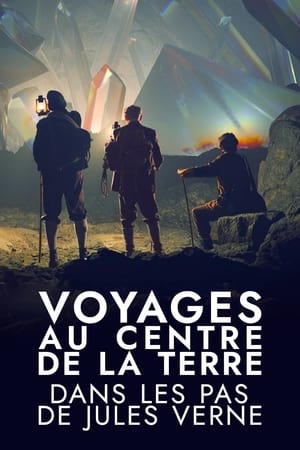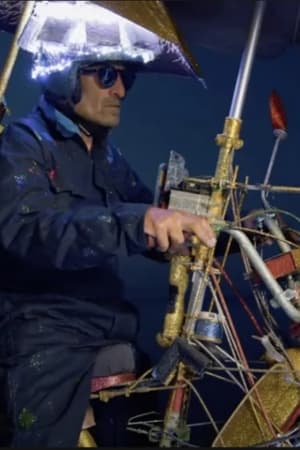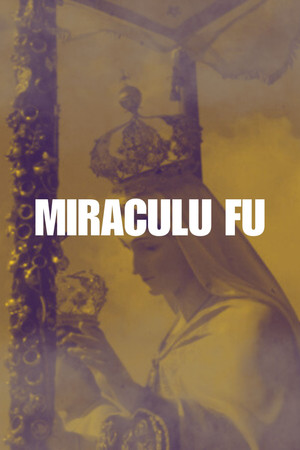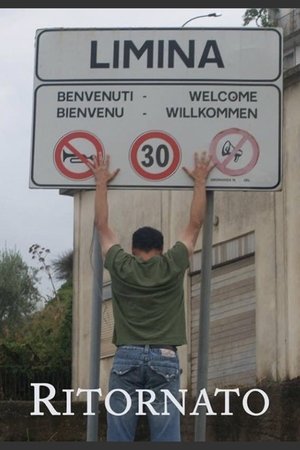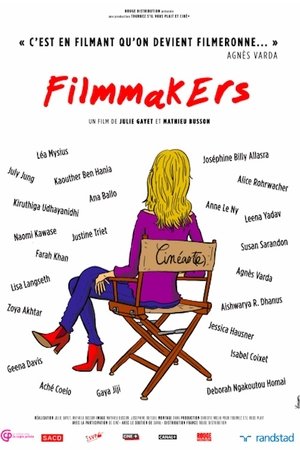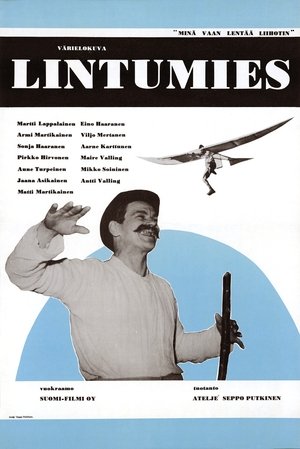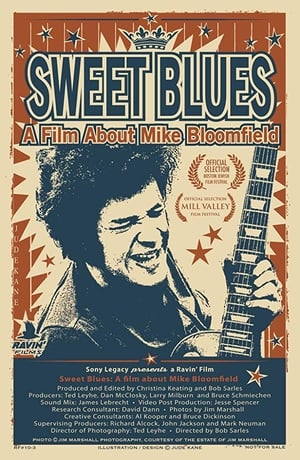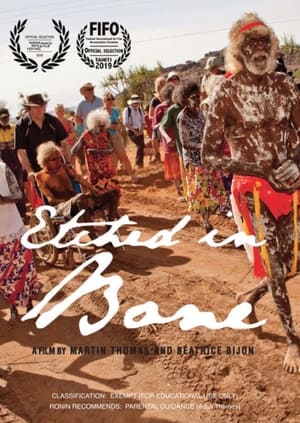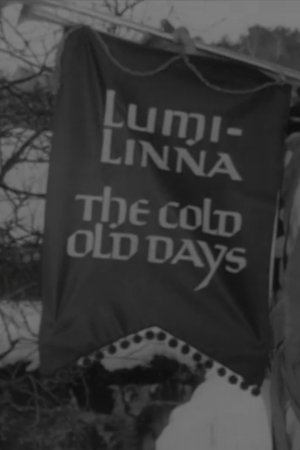Overview
In 1061, a handful of Norman mercenaries, led by the son of a noble family from Hauteville-la-Guichard, a village in the Normandy bocage, set foot on the Sicilian coast. Roger de Hauteville and his troops had been commissioned by the Pope to reconquer the island from the Arabs, who had seized it in 831. These fearsome warriors took thirty years to achieve their goal, but when they finally entered Palermo in 1071, their leader became an enlightened ruler. Relying on the high quality of the local Arab administration, particularly in tax matters, he set about building what was to become one of the most prosperous and advanced kingdoms of his time.

 German
German
 7.7
7.7
 2024
2024
 Austria
Austria
